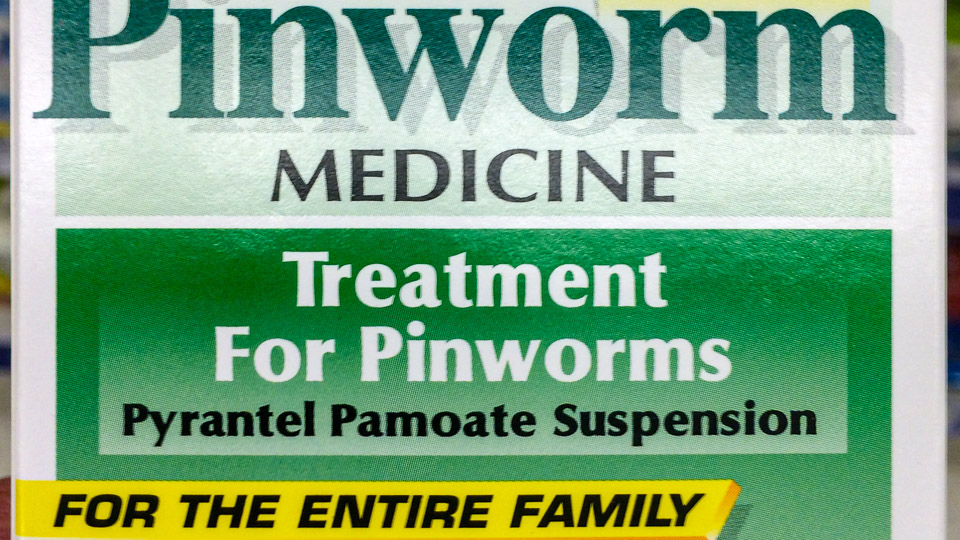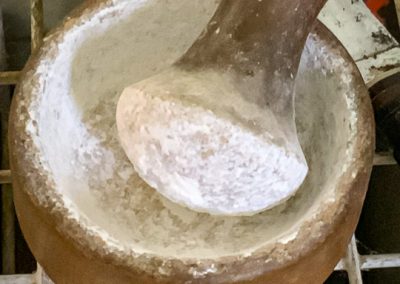
Horse Disease Prevention – Medications
I have written a lot about disease prevention in many of my blogs. If we practiced prevention then many medications would no longer be needed. For example, removing manure from where horses eat would remove the need for giving parasite control medications. Removing grain would improve gut health and remove the need for ulcer medications.
There is a more sinister result of giving medications recently being brought to our attention.
**CONTINUED IN ARTICLE TAB**
Related material – Sometimes I have a lot of material here that I have written, podcasted, video blogs and other things. They will be listed in this tab.
Use the browser back button or menu to return to the index of topics.
⬇︎ CLICK ANY IMAGE BELOW TO REVEAL MORE INFORMATION ⬇︎
I have written a lot about disease prevention in many of my blogs. If we practiced prevention then many medications would no longer be needed. For example, removing manure from where horses eat would remove the need for giving parasite control medications. Removing grain would improve gut health and remove the need for ulcer medications.
There is a more sinister result of giving medications recently being brought to our attention. The head of the Centers for Disease Control (CDC) here in the US has declared the number one issue confronting the health of humans today is antibiotic resistance. He placed this higher than opioid addiction, obesity and heart disease. The random use of antibiotics is causing the bacteria resistant to the medicine to continue to grow and breed a large resistant population.
In a study done by Texas A&M vet school and presented at a meeting of veterinarians (AAEP), the normal bacterial population of the mouth was determined. Over 700 individual bacteria live normally within the mouth as determined by genetic testing of the bacteria washed from the mouth of horses. One dose of a common nonsteroidal antiinflammatory was given and the process repeated. With one dose, a whole family of bacteria (with many species within the family) were completely removed. The medication destroyed them. The importance of the normal bacterial colonization of the digestive tracts, which includes the mouth, is only recently being realized. The ramifications of altering this micro environment is not yet completely understood but in humans, all ulcerations of the gut are associated with a disturbed microbial environment. This is called a dysbiosis and if one dose of a common pain reliever can cause a dysbiosis, what other problems can arise from chronic use?
Medications are life saving as well as providing comfort. I have seen first hand how the removal of pain with opioids and the long term use of antibiotics has saved lives. However if we do not address the root cause of disease and pain and make every effort to improve their prevention then we may find ourselves, through good intentions, causing more harm in the long run. Or worse, our medications no longer working.
The difference between a “Legend” drug, a “generic” drug and a “compounded” drug needs to be understood. Legend and generic drugs are good to use if needed because they are held to a strict level of manufacturing that is tested in the US by the Food and Drug Administration (FDA). If any improperly made or contaminated drug is made all manufacturing is stopped and batches are recalled.
A legend drug is one that is made by a drug manufacturer that is original and therefore has a patent protecting the manufacturer from any other manufacturer making it too. This provides economic protection until the original manufacturer can recoup the money spent in developing and testing the drug. A generic drug is one that is made like the original drug after the patent has expired. An example of this is Tylenol© which is the legend drug and acetaminophen made by a pharmacy like Walgreens to the same manufacturing and testing standards of the legend drug.
A compounded drug is made by a compounding pharmacy using bulk ingredients to create a drug that is not available either in a legend or a generic form. A compounding pharmacy cannot make acetaminophen because it is available as a legend and as a generic medication. In the horse world a compounding pharmacy cannot make the antiinflammatory drug “Bute” (phenylbutazone) but it can add flavoring to an FDA inspected phenylbutazone. Doctors and veterinarians are allowed to compound medications any way they want and can order a compounding pharmacy to make these drugs available whenever there is no legend or generic drug equivalent available.
Unfortunately compounded medications are never independently tested and therefore mistakes can be made. One vet had yohimbine compounded to reverse the sedatives he gave horses for routine dentistry even though there was a legend drug available. It was done to cut costs but it was compounded incorrectly and two horses died. Another vet ordered the compounding of a legend drug that was made in the US but was illegal to use in the US. It was manufactured to increase the energy output of cells and was considered a sport enhancing drug and thus there was no accepted purpose for the drug other than cheating. The manufacturer added 10 times the amount of one ingredient which caused the death of 14 polo ponies in front of all the spectators.
Compounding medicines have caused many deaths of horses, humans and other animals and I personally never will administer any compounded drug internally to me or any animal I see. I do order skin creams and warn to watch for any unexpected results after the first application.



Responses